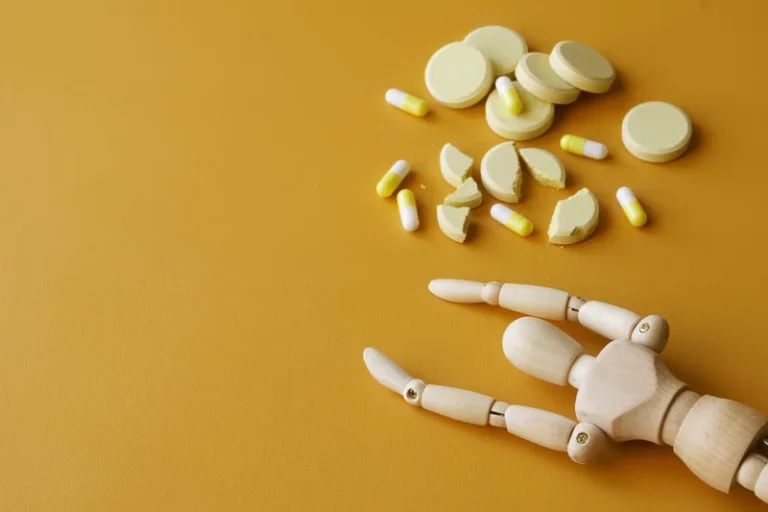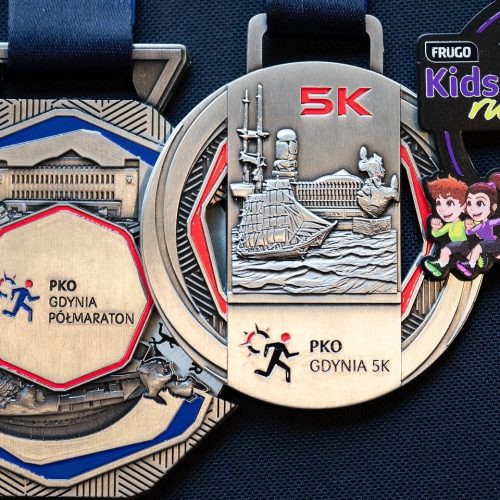Alcoholic Dementia: Symptoms, Causes, and Treatment

To further complicate the issue, consider that many individuals with moderate dementia may not remember how much they drank and may inadvertently partake in heavy drinking without even realizing it. “Alcoholic dementia” is an older term commonly used to describe the medical condition now known as alcohol-related dementia or alcohol-induced major neurocognitive disorder. These terms are used interchangeably and describe a severe form of alcohol-related brain damage (ARBD). Published in eNeuro, the findings highlight shared disruptions in inflammatory and cell-death pathways in the brain and offer deeper insights into the molecular links between these two conditions.

Sizing up alcohol consumption

It also underscores the importance of brain health when making lifestyle choices. While the occasional drink may not pose a significant risk, excessive or long-term alcohol use could have lasting impacts on cognitive health. Over time, excessive alcohol consumption increases a person’s risk of AD by 300%.
Alcohol-related ‘dementia’ and mood

These effects worsen over time, generating greater cognitive and functional decline in individuals with alcoholic dementia. While normal aging causes mild cognitive decline, alcohol misuse accelerates and exacerbates these changes, leading to severe memory loss and cognitive impairments. Many studies show that heavy drinkers have less brain volume overall with evidence of impaired memory, attention span, judgment, and other aspects of cognitive functioning. Neural connections are weakened or lost, and the reward system pathways no longer function as they once did. The end stage of alcoholism is linked with severe brain damage as well as liver problems that can add additional symptoms of brain fog, confusion, and delirium.

Alcohol and Cialis: Risks, Side Effects & Treatment
- Yes, alcoholic dementia is relatively reversible, decidedly in its early stages.
- Neural connections are weakened or lost, and the reward system pathways no longer function as they once did.
- This means that through dedicated alcohol rehabilitation programs, which often include therapy and support groups, individuals can work toward improving their brain function.
- The Grove Editorial Team is a dynamic group of professionals at The Grove, a leading addiction treatment center in Indianapolis, Indiana.
- If you or a loved one begins to develop signs of alcoholic dementia, it’s important to see a healthcare provider as soon as possible.
- It can be dangerous to stop alcohol abruptly, and it’s safer to go through alcohol detoxification under medical supervision.
- Options may include inpatient or outpatient detoxification from alcohol, and sometimes, medication is necessary to help a person stop drinking.
A person with dementia may drink too Twelve-step program much alcohol because they’ve forgotten how much they’ve had. If this happens, or if you think they are drinking inappropriately, you could keep alcohol out of sight. You could also provide the person with low-alcohol or non-alcoholic substitutes, or watered-down alcoholic drinks.
Product Reviews
- Several high-profile reviews looked at the research into alcohol and dementia risk.
- It involves the deterioration of the corpus callosum, the major fiber tract that connects the brain’s two hemispheres.
- Alcohol-related dementia is a type of brain disorder where a person develops issues with thinking or processing and memory.
- People with dementia, carers and Society volunteers in south west London tell us what they think about clever kitchen aids.
- Problems with thinking and reasoning (caused by dementia) can prevent a person from understanding that they need to stop drinking.
They should also take an account from someone who knows the person well, as this can help if the person has gaps in their memory. The doctor may also ask about problems with mood, such as anxiety or depression. Behaviors can be unpredictable and uninhibited, and communication is difficult and could become impossible.
Donation is in honor or memory of:
However, people aren’t very good at judging how much alcohol they are drinking, Isaacson said. https://ecosoberhouse.com/ It’s important to note that the risk of stroke and internal bleeding in the brain escalates with regular alcohol use, too. Alcohol-induced hypertension and other cardiovascular complications can significantly increase the likelihood of strokes. Many studies support the strong link between alcohol use and Alzheimer’s disease.
Supporting a person with alcohol-related brain damage
Alcohol-related dementia and Wernicke-Korsakoff syndrome may develop due to regular excessive alcohol consumption over many years. The study defined moderate drinking as consuming 1–13 standard drinks per week, equivalent to 10–130 grams (g) per week. A 2020 study showed that moderate alcohol intake could lower a person’s risk of developing Alzheimer’s disease. You may also have a brain scan, depending on your symptoms, to rule out other possible causes of bleeding in the brain, such as a tumor, stroke, or physical damage. They will also be able to rule out other forms of dementia, such as Alzheimer’s or vascular dementia, with the aid of all the data acquired throughout the diagnostic process. The two primary kinds of ARBD that can induce dementia symptoms dementia and drinking alcohol are alcohol-related ‘dementia’ and Wernicke-Korsakoff syndrome.













